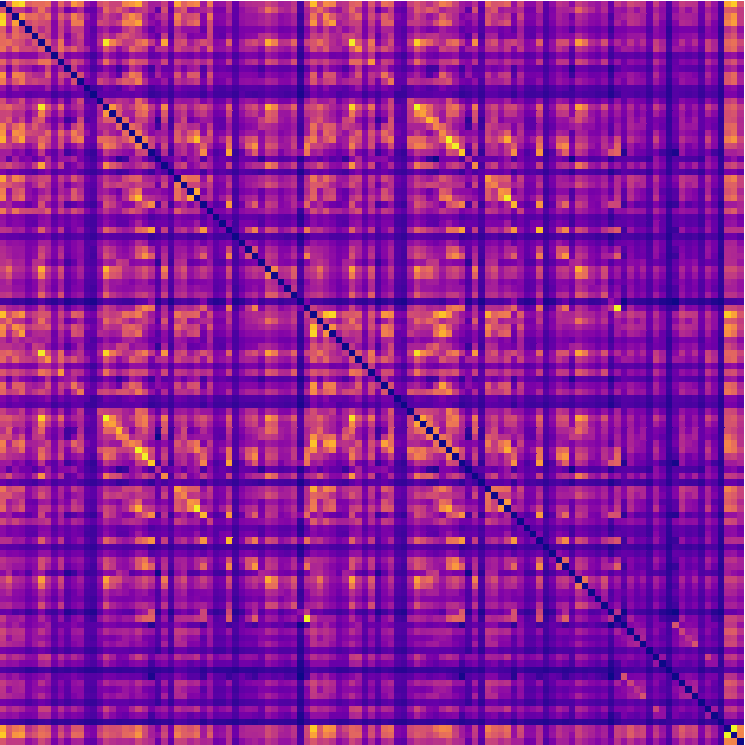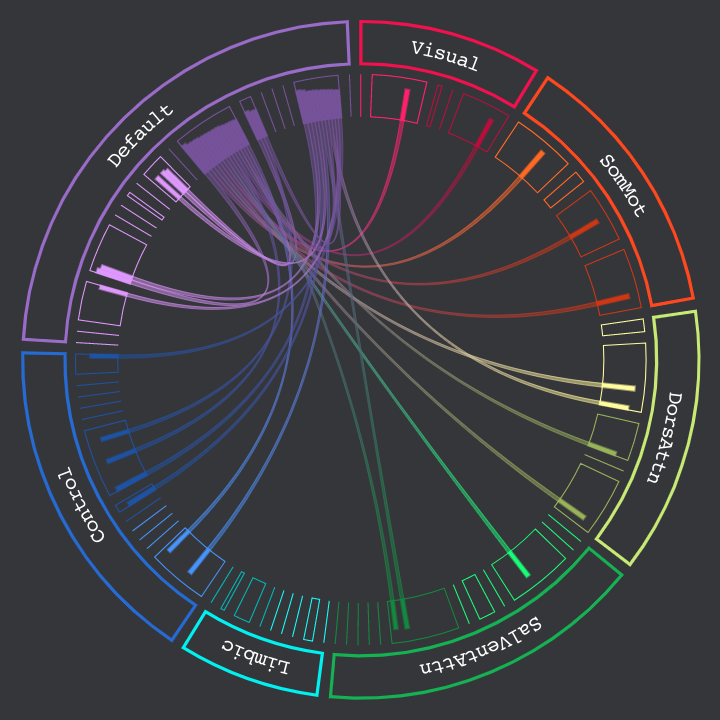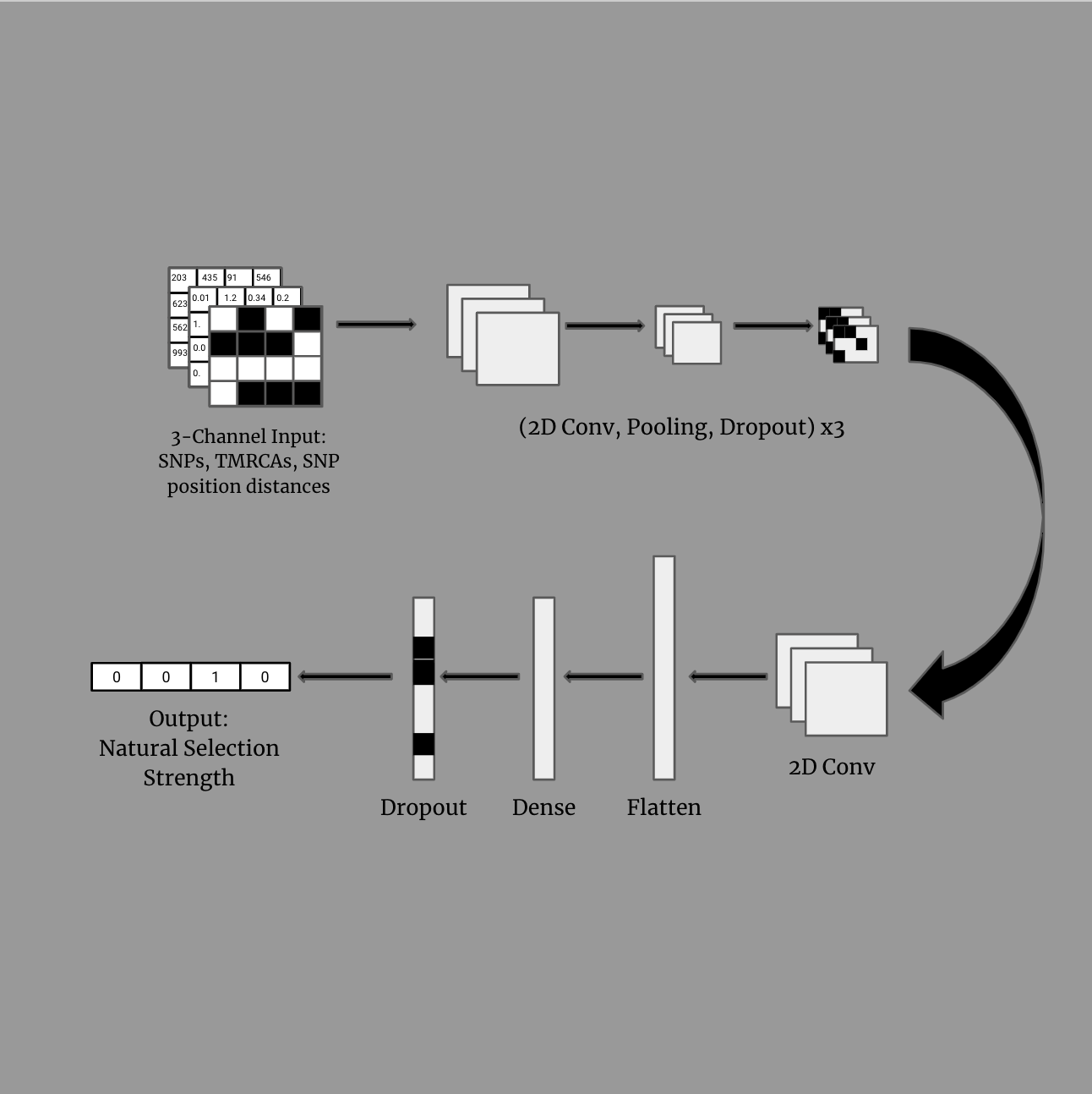Brain Genomics
The goal of this research is to understand gene regulation of brain structure and activity, ultimately
to identify genes that may play a role in human brain disorders. We develop and employ computational
methods that leverage existing neural and genetic data from human populations.
News: Our paper has been accepted to PLOS Biology!
News: I earned a Trainee Highlight Award from the NIH BRAIN Initiative for this work and got to
present it at a nanosymposium during the 2023 SfN Conference!


